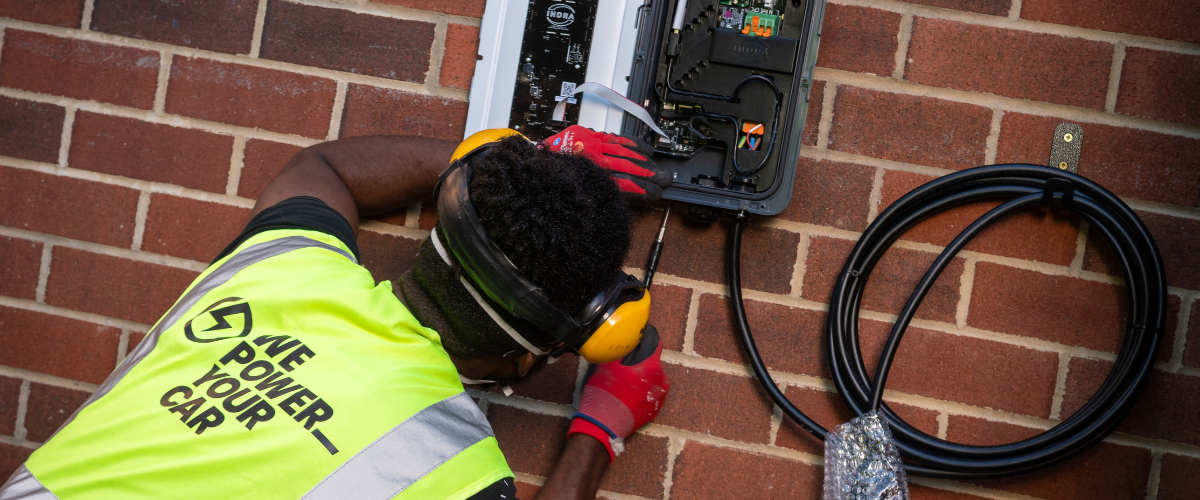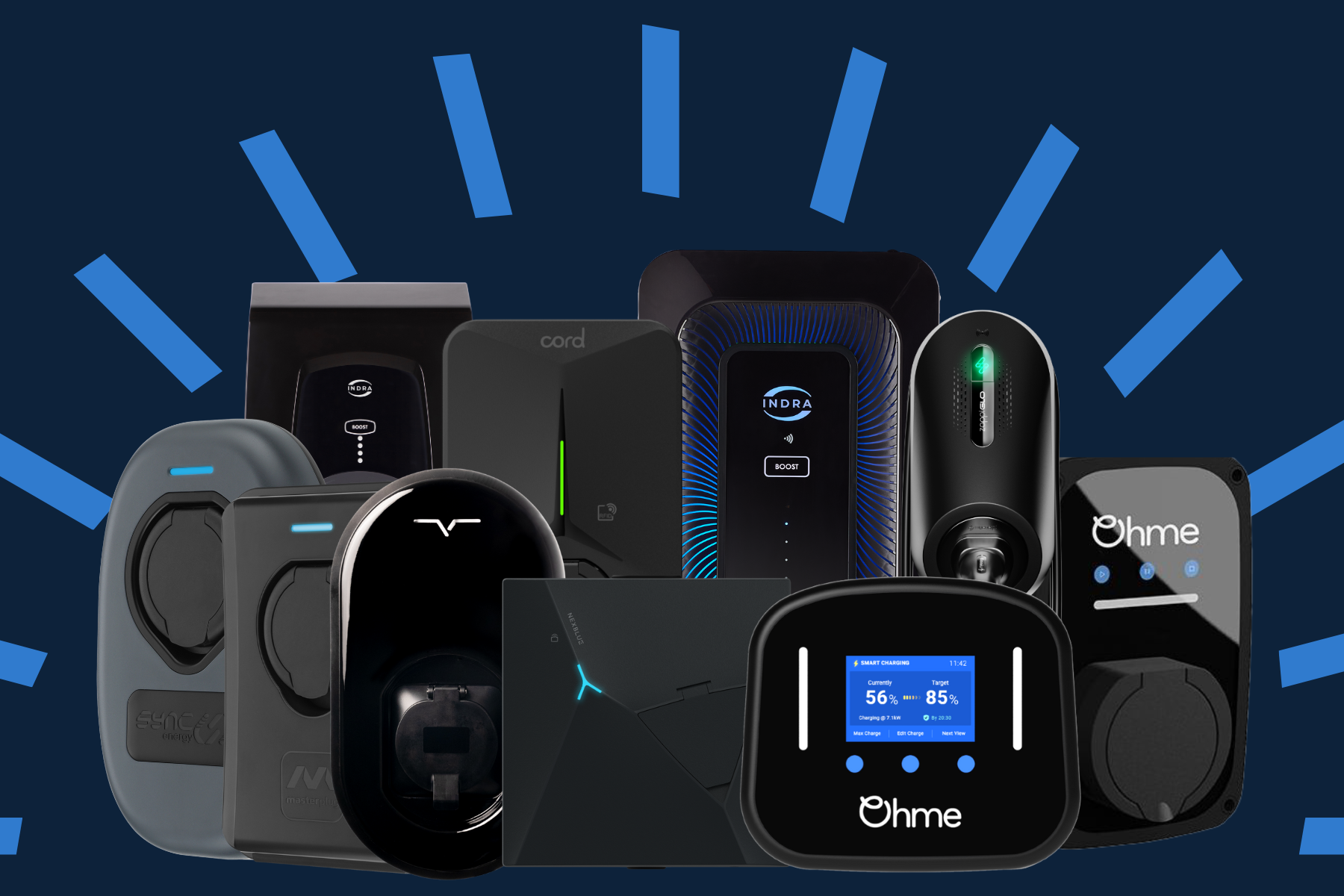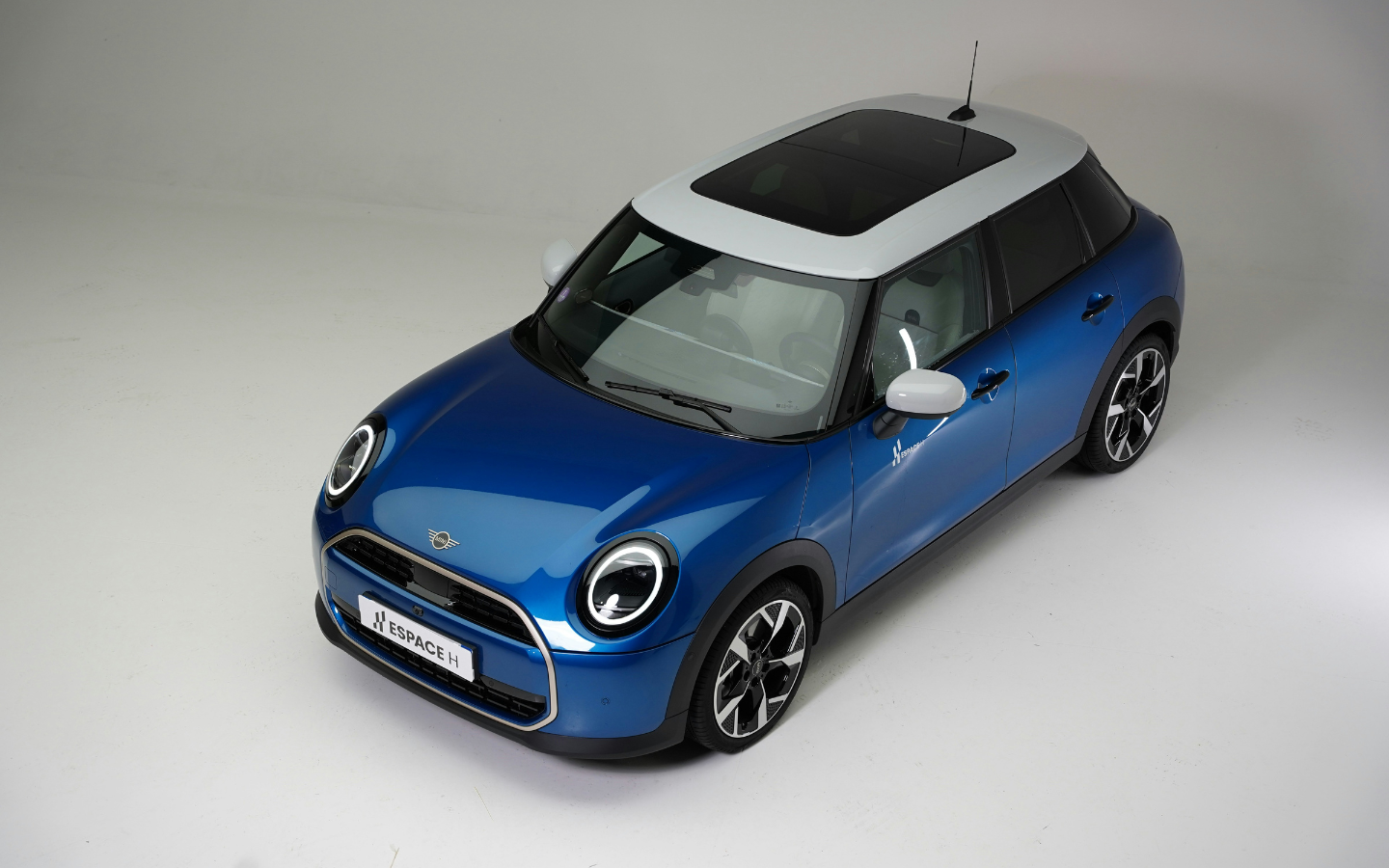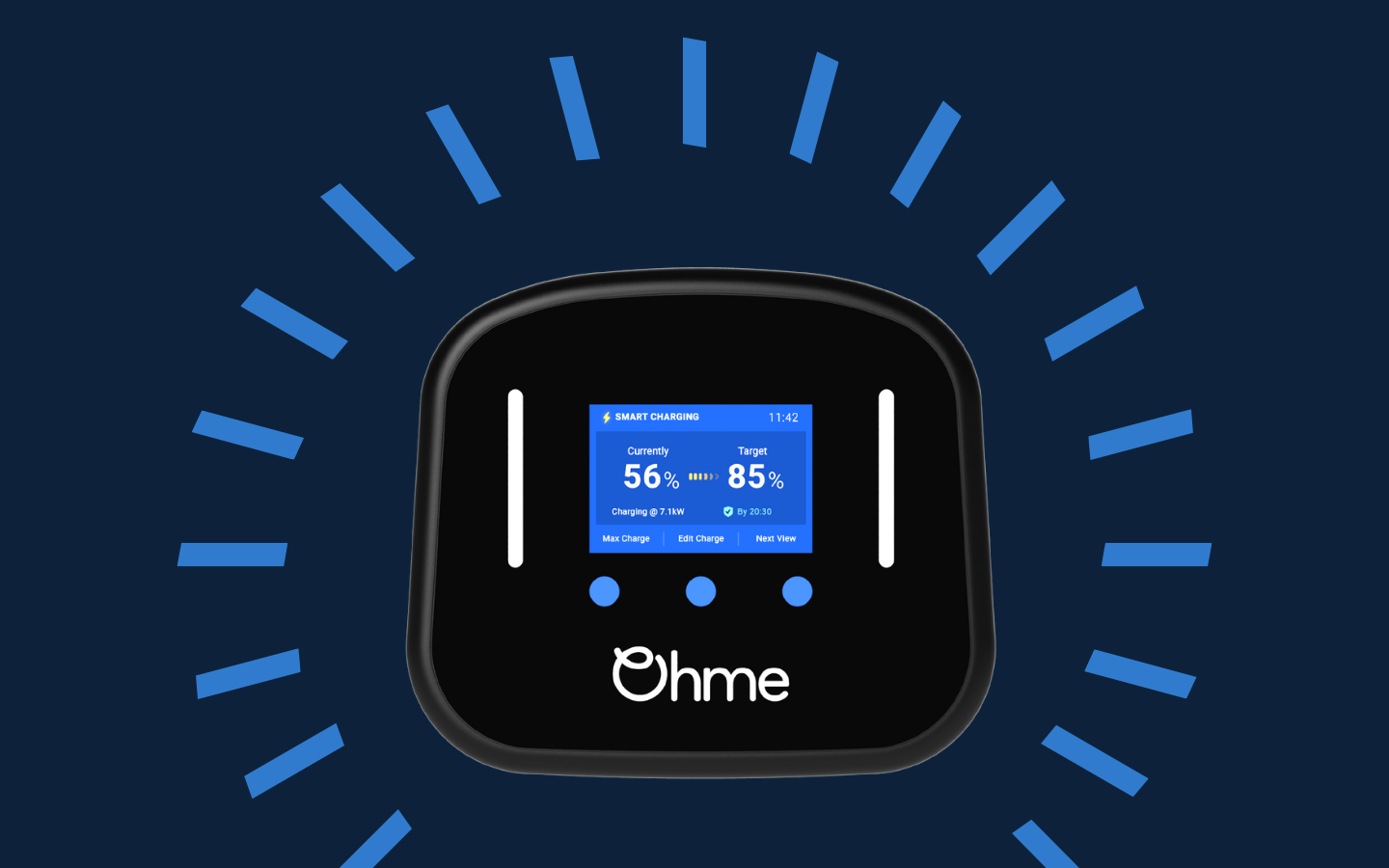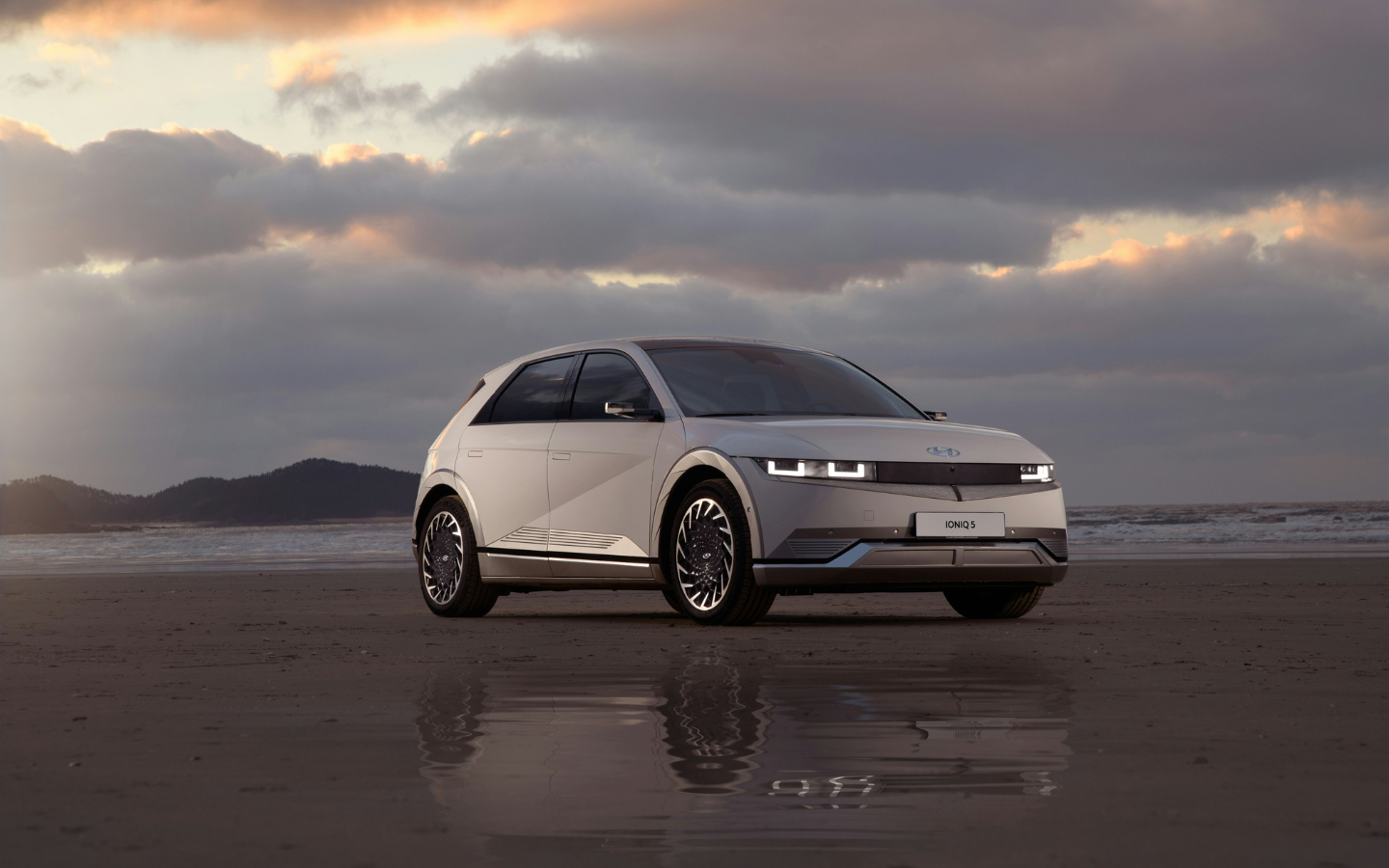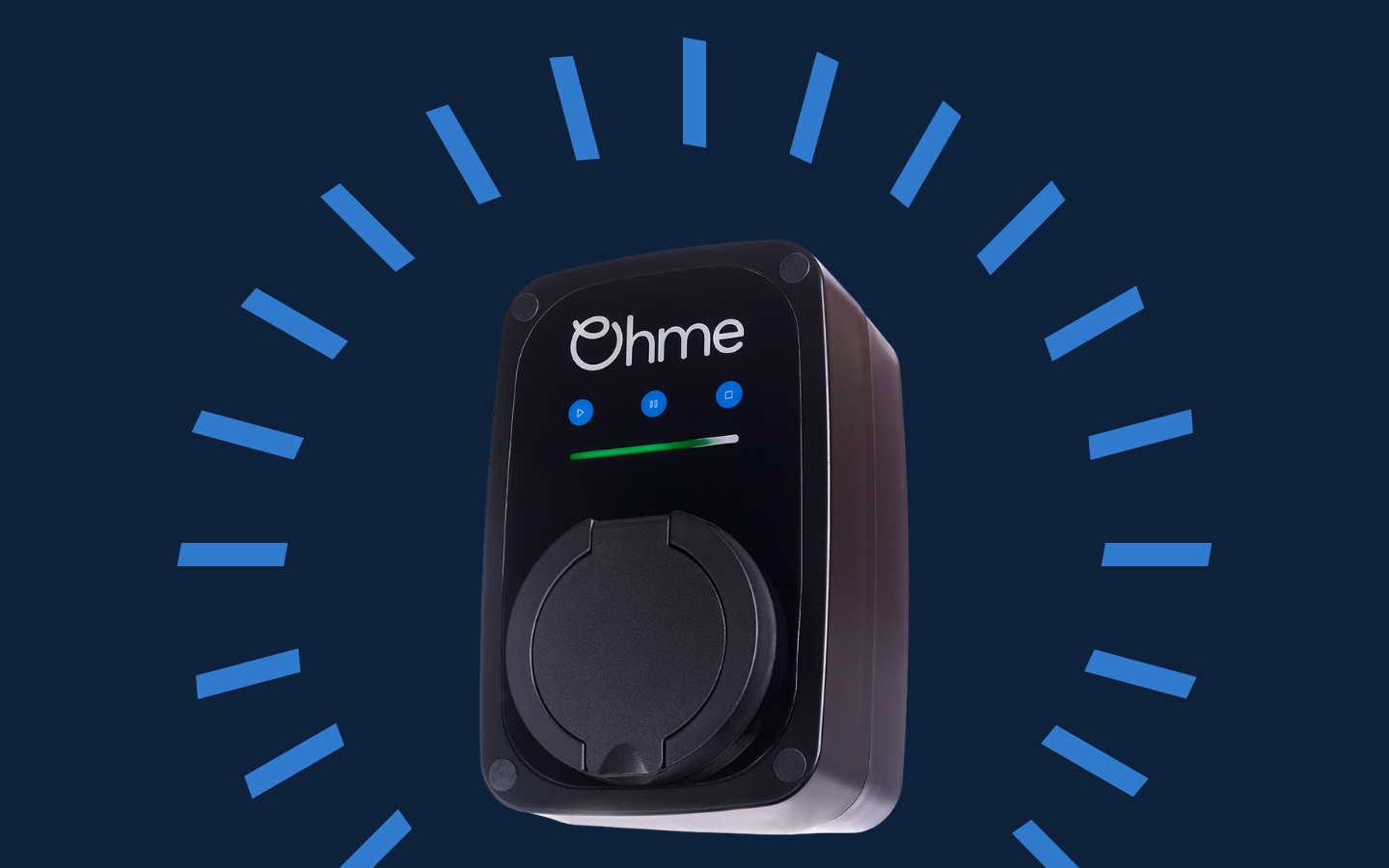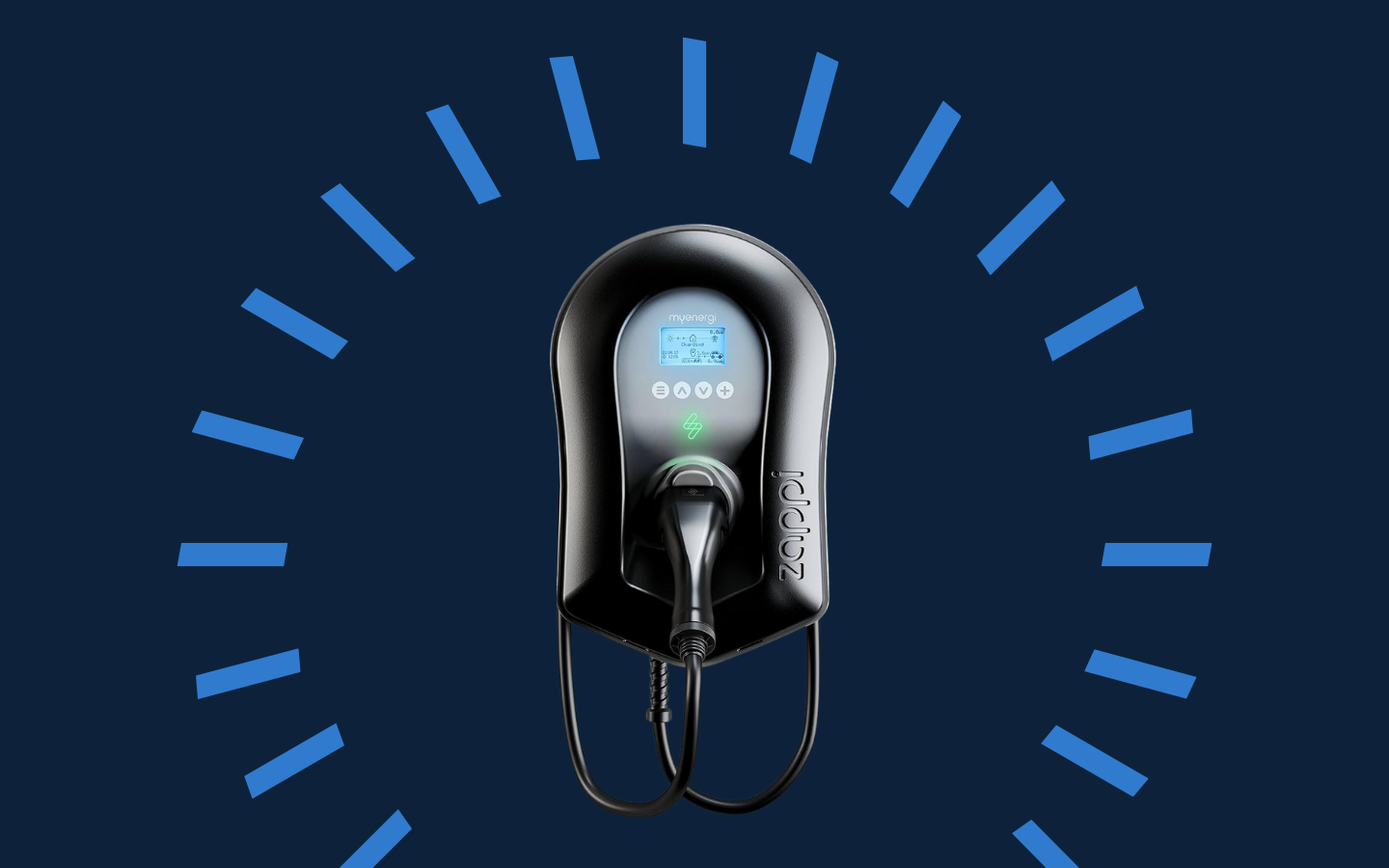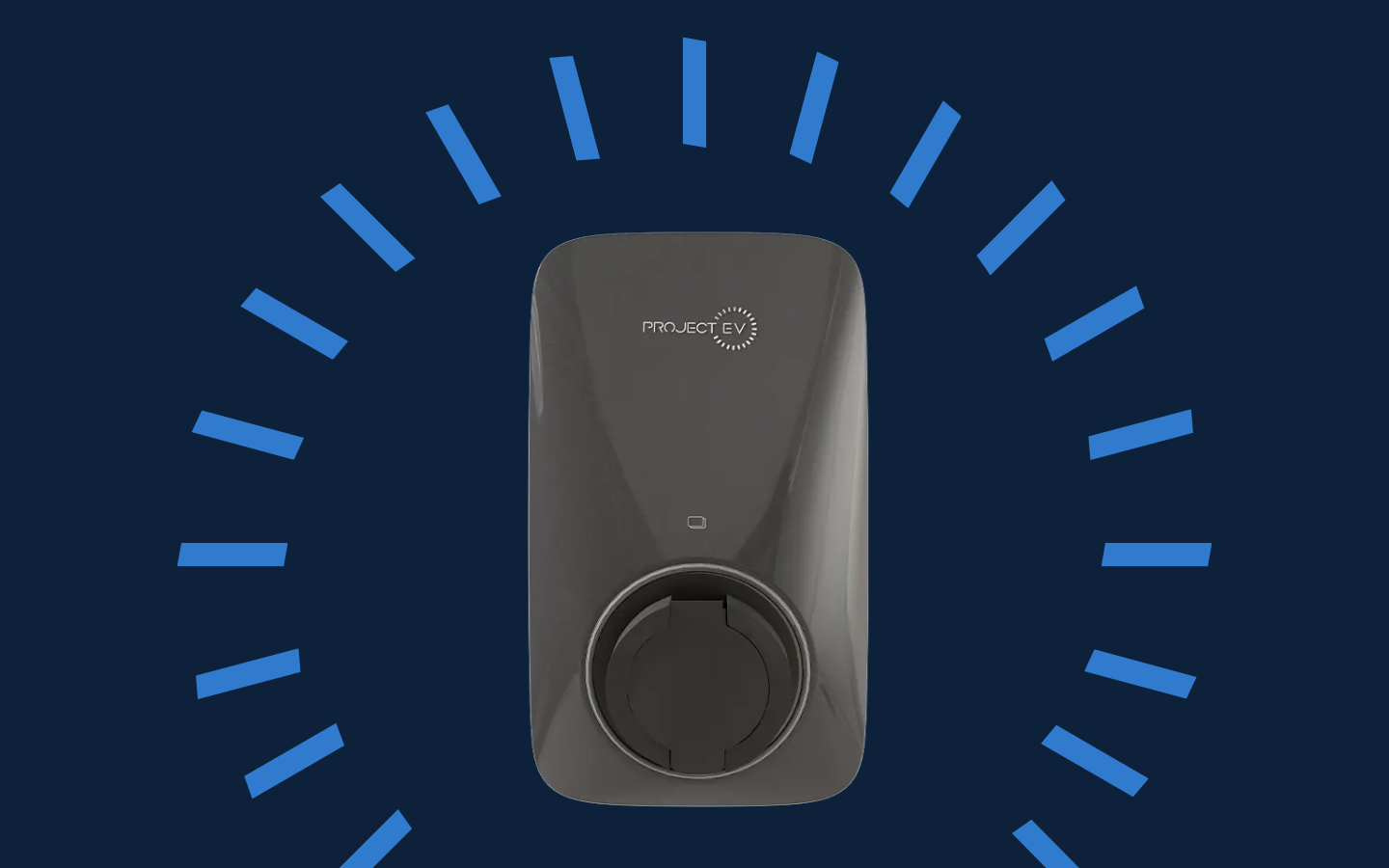
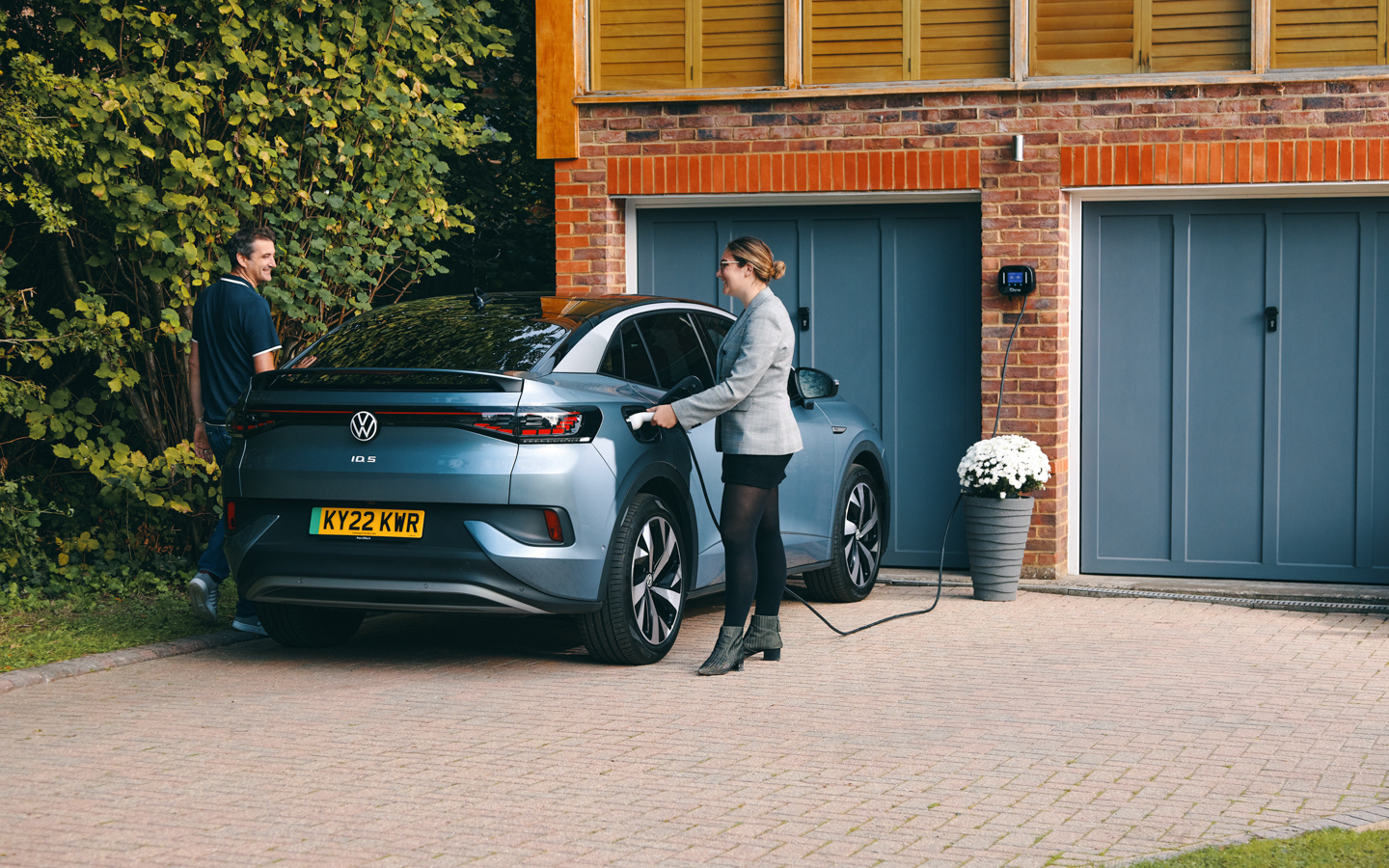
7kW EV Chargers VS 22kW EV Chargers - Which is better?
If you are interested in a dedicated fast home EV charger, there are two main routes available: a 7kW EV charger or a 22kW EV charger.
But what’s the difference between a 7kW home charger and a 22kW home charger? Which is better? Can everyone have a 22kW EV charging point at home?
Today, we explain the difference between a 7kW EV charger and a 22kW EV charger, let you know who can have 22kW home chargers, and give you our honest and professional opinion on which is better.
Let’s get started.
EV charging speeds
First and foremost, did you know that you can charge your EV at different speeds? Slow, fast, rapid, and ultra-rapid electric vehicle chargers are available in the UK, each with a different kW rating.
Typically, when people talk about home EV charging, they are referring to slow or fast electric car charging.
Slow charging is when you use a 3-pin plug and granny charger to charge your EV at a rate of approximately 2.3kW. However, slow charging can also involve using a 3.6kW EV charger to charge your electric car.
In contrast, fast home EV charging is when you use a dedicated home EV charger installed on your property to charge – either 7kW or 22kW.
Workout how long it would take to charge your electric car with our EV charging time calculator.
What is a 7kW EV home charger?
To start, it’s important to recognise that the rate at which electricity charges your electric vehicle is measured in kW. So, when it comes to 7kW EV charging, a 7kW EV charger refers to a charging station capable of providing a maximum power output of 7 kilowatts.
A 7kW charger is considered a fast charger and is commonly found in homes, workplaces, and at some – although not as common – public EV charging stations. In fact, 7kW is by far the most common rate of power for dedicated home EV chargers in the UK since most EVs have a maximum onboard charging rate of 7kW and because only a single-phase electricity supply is needed to have a 7kW charger installed on your property.
What is a single-phase electricity supply?
Single-phase is the most common power supply in the UK and is usually found in standard residential properties. With a single-phase power supply, you’ll only be able to install an electric vehicle charging point of up to 7kW, or more specifically, up to a maximum of 7.4kW.
Can everyone have 7kW EV chargers at home?
Yes, as long as you don’t have a looped supply and meet the requirements of a home EV charger installation, you will be able to have a 7kW EV charger installed at home.
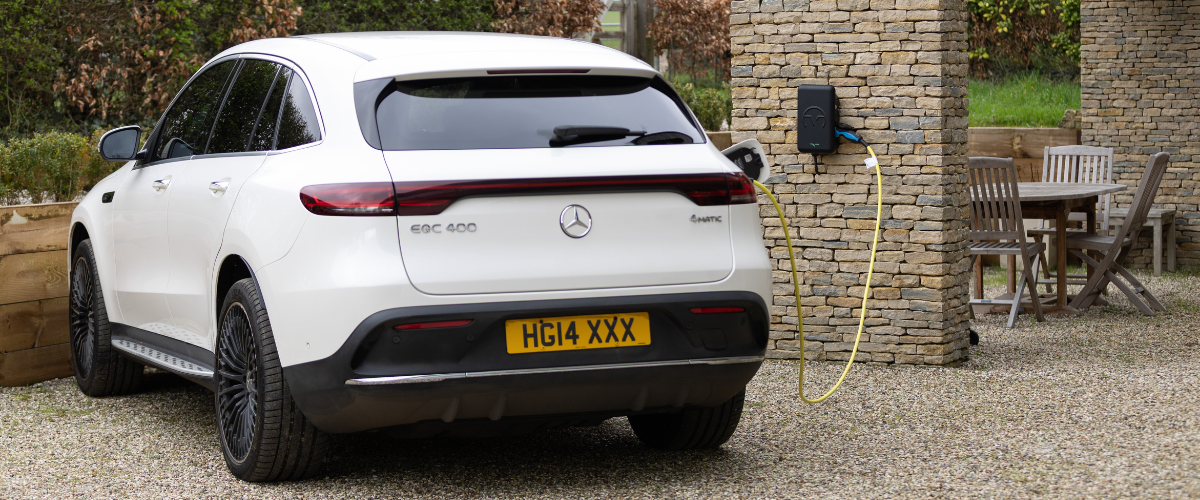
What is a 22kW EV charger?
A 22kW EV charger is a dedicated charger installed on your property that charges three times faster than a 7kW EV charger and six times faster than a 3-pin plug EV charger, charging at a rate of 22 kilowatts, and adding 37-50 miles of range per hour. In turn, a 22kW charger can fully charge your electric car in approximately 3-4 hours and 1-2 hours to top up.
Unlike public electric car charging points that use DC energy, a 22kW home charger is the highest-rated electric vehicle (EV) charger you can have installed at home.
To have a 22kW home EV charger installed, you must have a three-phase electricity supply – you cannot have a 22kW charger on a single-phase supply.
What is a three-phase electricity supply?
Three-phase is a significantly higher power rating than a single-phase and is usually found in large commercial buildings.
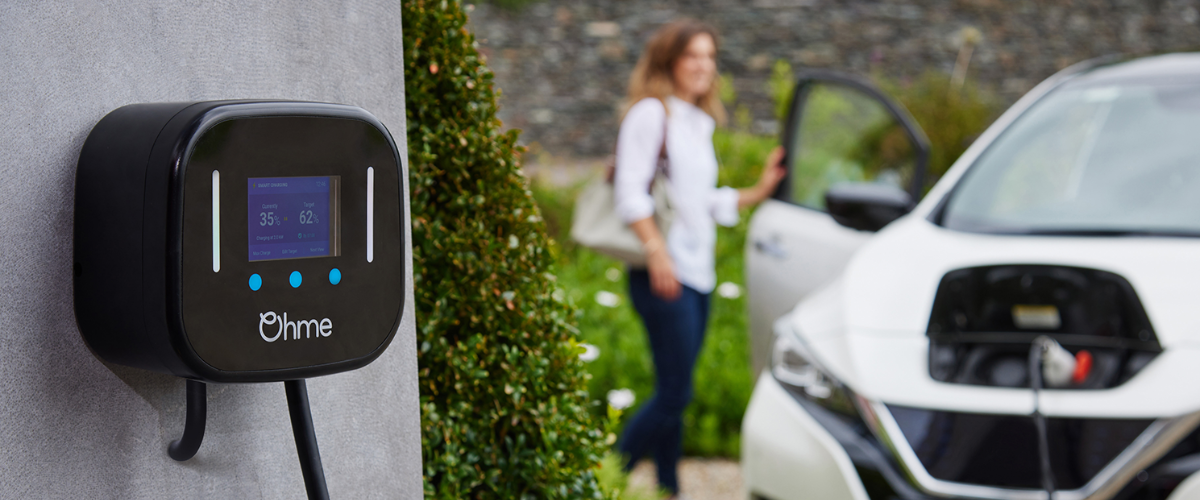
Can everyone have 22kW EV chargers?
No, not everyone can have a 22kW EV charger installed on their property, as it depends on whether you have a three-phase electricity supply, as touched upon previously. Since three-phase is typically found in industrial or commercial properties, it’s rare to find in UK domestic homes.
If a house does have a three-phase supply, it’s usually a large property that has multiple large electrical appliances that need to draw a significant amount of electricity to function (i.e. hot tubs).
It is possible to upgrade to a three-phase, but you will have to apply for a fuse upgrade by contacting your DNO (Distribution network operator).
How do I know if I have a single-phase or three-phase electrical supply?
If you find your fuse box/meter and take a look inside, you should be able to see what type of electrical supply you have.
A single-phase electricity supply will have a single fuse where the power enters your house/meter (one wire).
On the other hand, three-phase can often be identified as having three 100amp fuses where the supply enters the building or the meter (three wires).
If you are interested in having a home EV charger installed but are unsure what electrical supply you have, you can contact our first-class customer service team, available seven days a week, who are always happy to help.
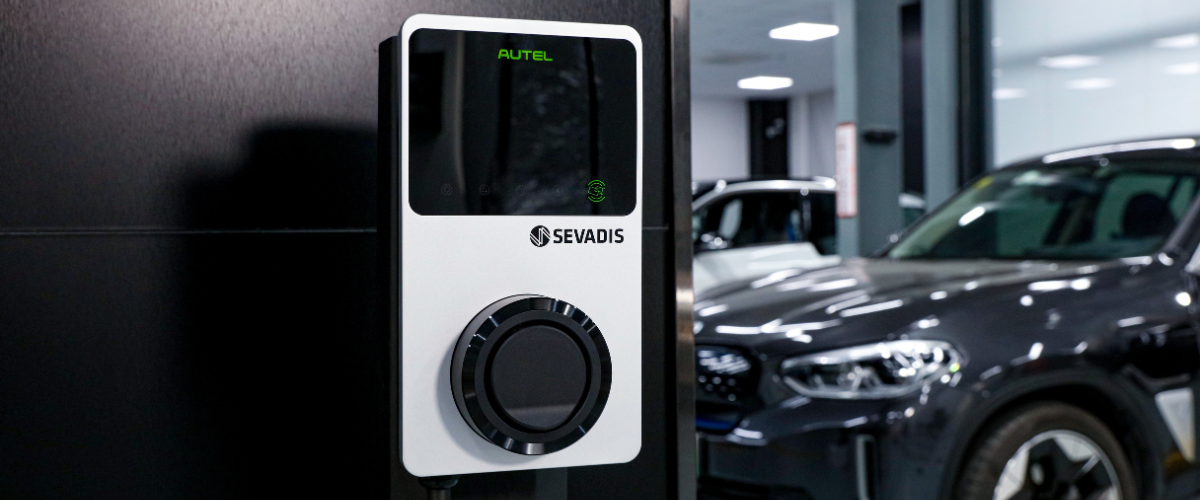
What’s the difference between a 7kW and 22kW EV charger?
The core difference between a 7kW and a 22kW EV charger is the charging rate. A 22kW charger is three times faster than a 7kW charger, charging at 22 kilowatts compared to 7 kilowatts due to an increase in power. However, the caveat is that a 22kW electric car charger requires a three-phase electricity supply for installation, whereas a 7kW charger only requires a single-phase electricity supply.
22kW three-phase charging VS 7kW single-phase charging – 7kW vs 22kW, which is better?
If you are thinking about investing in a 22kW EV charger and are yet to upgrade to three-phase electricity, it’s important to consider the following factors:
1. Your electric vehicle’s maximum onboard charging rate
Did you know that not all electric cars can charge with a 22kW AC charger and take advantage of the power output? To charge at 22kW, your electric car would need to accept a 22kW AC charging rate. If your vehicle can’t receive this rate, even if you upgrade your supply and invest in a 22kW EV charger, your EV will only be able to charge at the maximum onboard charger rate of the vehicle, thus not charging any faster.
For example, the Nissan Leaf’s maximum EV charging rate is 6.6kW, meaning even with a 22kW home charger, your Nissan would only ever charge at 6.6kW.
In truth, only a handful of electric vehicles can accept a 22kW EV charging rate. The most common electric cars to charge at 22kW are typically Tesla, Renault Zoe, BYD and Audi. However, it depends on the EV model. Be mindful that certain Tesla models have charging capabilities of 11kW and would, therefore, not truly benefit from a 22kW charger.
Which electric cars can charge with a 22kW home EV charger?
It’s always best to consult your EV manual or the manufacturer if you are wondering whether your EV can charge with a 22kW AC charger. Below is a comprehensive list of popular electric cars with 22kW onboard chargers:
| Electric Vehicle Model | 22kW charging rate |
| Audi Q8 e-tron Sportback 22 Quattro | 22kW |
| Audi Q8 e-tron 55 Quattro | 22kW |
| Audi AQ8 e-tron Sportback | 22kW |
| BMW i7 eDrive50 | 22kW |
| BMW i7 xDrive60 | 22kW |
| BMW i7 M70 xDrive | 22kW |
| Lightyear 0 | 22kW |
| Lotus Eletre Eletre R | 22kW |
| Lotus Eletre Eletre S | 22kW |
| Maserati GranTurismo Folgore | 22kW |
| Mercedes-Benz EQT 200 | 22kW |
| BMW i3 | 22kW |
| Nissan Leaf 3.Zero e+ | 22kW |
| Polestar 4 Long Range Single Motor | 22kW |
| Polestar 4 Long Range Dual Motor | 22kW |
| Renault Zoe R135 | 22kW |
| Smart EQ ForTwo | 22kW |
| Mercedes-Benz EQS Mayback 680 | 22kW |
| Renault Twingo E-Tech Electric R80 | 22kW |
2. The expensive cost of upgrading your fuse to a three-phase electricity supply
Upgrading your fuse to three-phase will be expensive, starting from £1,500 plus VAT. In actuality, upgrading your electricity supply to a three-phase can average between £3,500 and £5,500 (excluding VAT). Sometimes, a three-phase fuse upgrade for a 22kW charger can reach up to £15,000, depending on the job’s complexity.
And that’s not including the additional expenses of purchasing a 22kW EV charging point and installing it, which would also be much more than a standard 7.4kW EV charger.
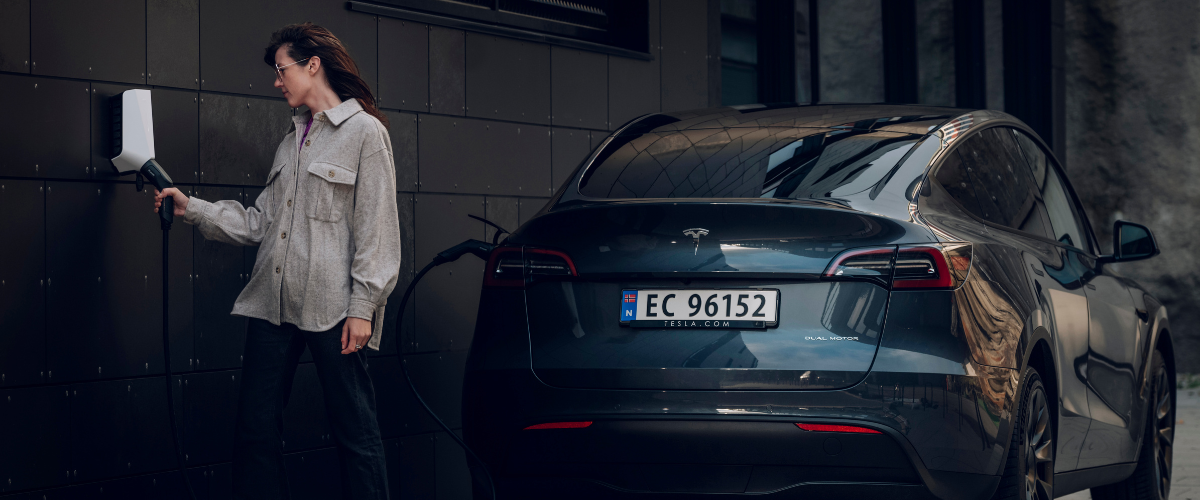
Is it worth getting a 22kW EV charger at home?
Overall, the decision between investing in a 7kW or 22kW EV charger depends on your individual and/or household EV charging needs.
For example, if you have multiple electric car drivers in your household, a 22kW EV charger might be ideal for sharing, and therefore worth the investment.
That said, in our professional opinion, it’s not worth getting a 22kW EV charger for one electric car at home. A 7kW EV charger is more than enough. And since most homes in the UK have a single-phase electricity supply and electric vehicles tend to have a 7kW maximum charging rate, 7kW home chargers are the better choice as you don’t have to spend substantial time or money upgrading your fuse.
Of course, if you have three-phase electricity in your home, are happy to spend more on a 22kW EV charger, and have an electric vehicle with a 22kW maximum charging rate, then yes, 22kW charging may be more worthwhile for you, as you can charge your EV fastest rate possible at home. Otherwise, we recommend sticking to a 7.4kW home charger as 22kW comes with timely upgrades, expensive costs and not every electric car can take advantage of the higher power output.
Please note that 22kW AC home charging is different to DC rapid charging (the charging points found at motorway service stations).
If you prefer to watch than read, check out our video on this topic.
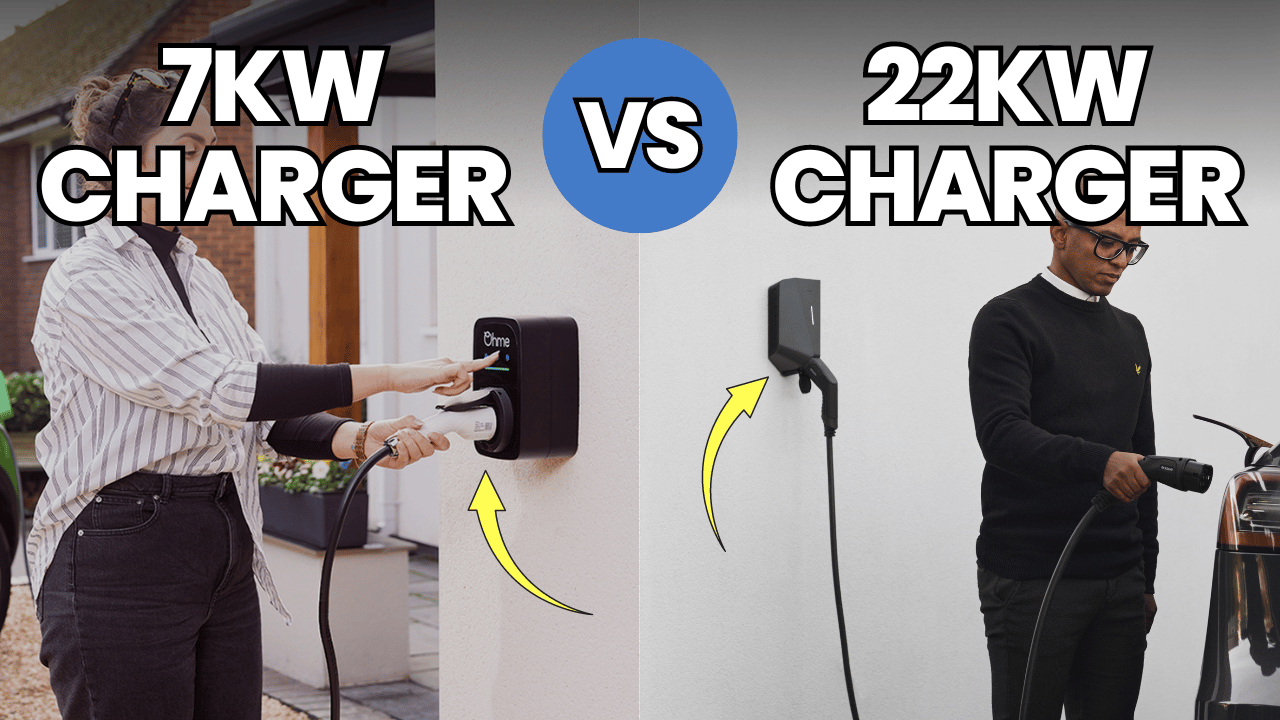
Interested in a 7kW home charger or 22kW home EV charger?
Charge for as little as 7p per kWh with the right home EV charging set-up, such as an Ohme charger and the Intelligent Octopus Go Tariff.
If you are ready to get an EV charger installed at your home, click below to get your free quote, or contact us for any queries you may have. All our advice is unbiased and honest. Plus, with our wide range of the smartest and sleekest home EV chargers, we find the perfect fit for you, and you get complete peace of mind with our comprehensive EV charging solutions – supply, installation and DNO application, we manage it all.
Struggling to decide? Find your charger in our best home EV charger 2026 guide.
